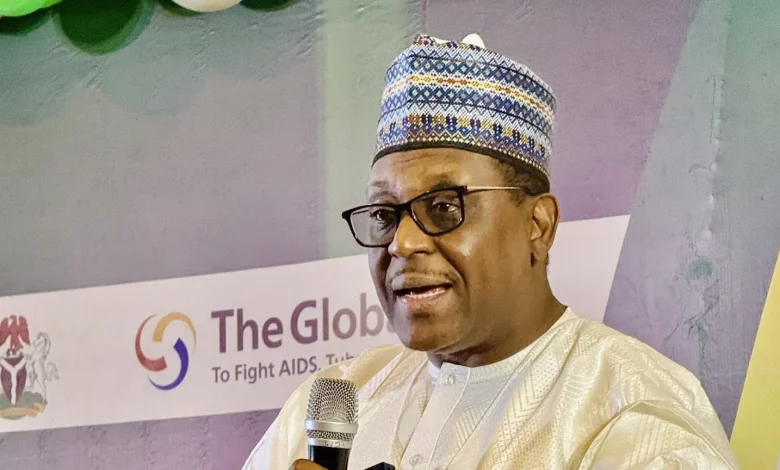Nigeria plans bold action to fight malaria and antimicrobial resistance – Muhammad Pate

On Sunday, December 1, Nigeria’s Coordinating Minister of Health and Social Welfare, Muhammad Pate, shared exciting new plans to tackle the growing challenges of malaria and antimicrobial resistance (AMR) in the country.
This announcement follows the rollout of malaria vaccines in Kebbi and Bayelsa states on Monday, December 2, by the National Primary Health Care Development Agency (NPHCDA). The new vaccines aim to reduce malaria deaths, especially among children, and will be expanded to other states as more resources and vaccines become available.
Speaking about the malaria fight, Mr. Pate emphasized that eliminating malaria involves more than just vaccines. It requires teamwork at all levels of government, better access to treatment, and preventive actions. He also addressed the serious threat posed by AMR, particularly anti-malaria resistance, which makes it harder to treat infections effectively.
The Malaria Challenge
Mr. Pate highlighted that Nigeria carries a huge burden of malaria. According to the 2023 World Malaria Report, the country accounts for 27% of the global malaria cases and 31% of malaria-related deaths. “We accounted for an estimated 55% of malaria cases in West Africa,” he said.
To address this, the Nigerian government has worked with international partners such as Gavi, UNICEF, the World Health Organization (WHO), and the Global Fund. In October, Nigeria received its first batch of 800,000 malaria vaccine doses to help fight the disease.
New Collaboration for Malaria Elimination
The Nigerian government is also teaming up with the Nigerian Governor’s Forum (NGF) to rethink strategies for malaria elimination. A major step in this effort was the formation of the Independent Advisory Group on Malaria Elimination. This group will develop a detailed and cost-effective plan to eliminate malaria.
Additionally, the government is focusing on improving malaria treatment by using affordable medicines and strengthening the primary healthcare system across the country. “We also decided to intensify our focus on malaria case management,” Mr. Pate explained.
Tackling Antimicrobial Resistance (AMR)
AMR occurs when bacteria and other microorganisms become resistant to the medicines used to treat infections. Mr. Pate revealed that AMR was linked to 4.7 million deaths globally in 2021 and 64,000 deaths in Nigeria in 2019. This issue is especially concerning because, at that time, less than half of Nigeria’s population had access to healthcare.
To fight AMR, the government has launched the Second National Action Plan on Antimicrobial Resistance and the National Genomic Surveillance Strategy. These plans will improve the way Nigeria detects and responds to infectious diseases, with a focus on better managing the use of antibiotics.
The strategies follow a “One Health” approach, which combines efforts from human, animal, and environmental health sectors.
Looking Ahead
Nigeria has been chosen to host the global high-level ministerial meeting on AMR in 2026, taking over from Saudi Arabia. This marks another important milestone in the country’s commitment to addressing both malaria and AMR.
Mr. Pate’s announcement sets the stage for a comprehensive effort to improve public health in Nigeria, focusing on both preventing malaria and ensuring that antibiotics remain effective in saving lives.





